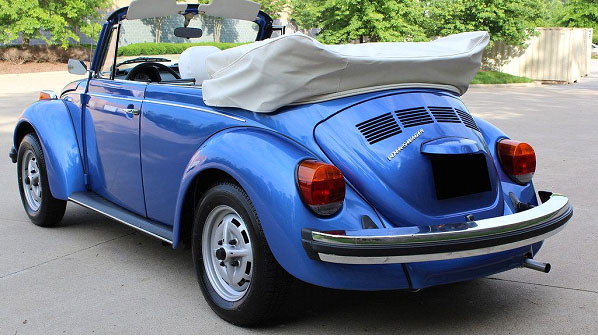How do we gauge what we value? I’m not talking about abstract values such as freedom and independence. I’m talking about when the floods or fires come to destroy our material possessions, what do we take with us? What do we feel is our greatest loss?
During late January every year where I live now, there is a huge car auction. The auction brings back memories of cars I’ve owned over my lifetime. One might think that I would place sentimental value on my first car, the 1955 green two-toned Plymouth, or my second car, the 1956 huge two-toned blue and white Buick. No, they were pragmatic purchases with no sentimental value when I gave them up. There have been numerous cars since those first two.
Some of the cars my spouse and I owned were premium cars. In our more mature years, our purchases became more practical in regard to gas efficiency and monthly payments. While I had owned cars of my own during my single years, the cars bought after I was married were joint decisions between me and my spouse.
Except for one.
Have you ever seen something, and immediately known that it was yours? That it belonged to you, and if you didn’t possess it, you would never be the same?
We were living in a suburb of St. Louis on our way to an inexpensive restaurant because we were both too tired to make dinner after work. On this pleasant Fall evening, we were driving down the main drag of the town laughing about going to eat at what we called “the old-folks” restaurant. It was one of those restaurants that had a line like in a cafeteria and all the old people were there by 4:00 p.m. for dinner.
On this street, there was one car dealership after another. I never paid much attention to them. On this evening, out of the corner of my eye, an electric blue flashed under the bright lights of the showroom. Calling me was a 1978 VW convertible with a periwinkle body and an off-white top. The top was down and in the back seat of the car was a huge teddy bear.
That was it! I said, “That’s my car!” Though we went on to get something to eat, I had no appetite. I was ecstatic about the car. I wanted us to hurry up and finish at the restaurant in order to get back to the dealership before someone else would see it and buy “my car.” My spouse used to tease me by saying that all my friends were crazy. Now he was saying that I, too, was crazy.
The short of it is that we traded in the stunning Grand Prix for “Violet.” This was certainly not a pragmatic decision. Though Violet was my baby, my spouse grew to love her as much as I did. The love for Violet never ebbed.
When I had to completely empty our house in Maryland in order to sell it and move West, I didn’t give material possessions much thought. Perhaps it’s because my grief was too fresh after losing my life-partner, my love, my friend. At that time, I could have walked away from the house and left everything. However, this was not a responsible option so, with the help of friends and our son, I was able to empty the house and garage to get it ready for sale. I kept very few material possessions and had no angst about what I gave up.
The saddest moment I had during this process was when I witnessed the truck pulling Violet up the hill away from the house and me. Standing in the driveway looking at the rear of Violet brought the only tears I shed in giving up a lifetime of possessions. Seeing the rear end of Violet moving away from me brought the feelings that I had not expressed about how the past was gone and a new reality was before me.
Our son suggested shipping Violet to my new home, where he prepared her for the annual car auction and a proper goodbye.
What a thrill it was to see Violet on a stage with lights on her as people bid on owning her. It reminded me of the first time that I saw her under the lights in the showroom of the dealership. This felt right. There was no sadness. Just joy in what she symbolized in our lives.



Very sweet and heartfelt experience – and a wonderful son!